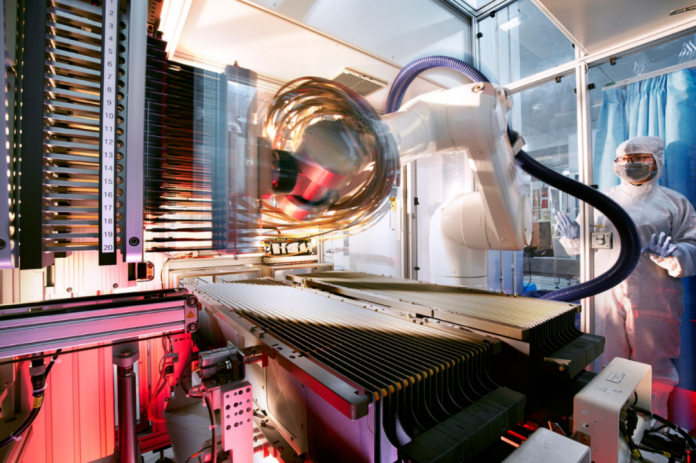China’s solar industry is witnessing a major legal showdown as Trina Solar has filed a $1.47 billion lawsuit against Canadian Solar, accusing it of infringing on two TOPCon solar cell technology patents. The lawsuit has been officially accepted by the Jiangsu High People’s Court, highlighting the growing importance of intellectual property in the fast-evolving solar sector.
The Patent Dispute
Trina Solar claims that Canadian Solar and its subsidiary, Changshu Canadian Solar Energy Technology Co., Ltd., have been manufacturing and selling solar modules that violate two of its patents:
🔹 Patent No. ZL201710975923.2 – “Solar Cell Module”
🔹 Patent No. ZL201510892086.8 – “Solar Cell and Its Manufacturing Method”
The company alleges that these unauthorized activities have caused significant economic losses and is demanding:
✅ CNY 6.07 billion for one patent
✅ CNY 4.51 billion for the second patent
✅ Destruction of all infringing inventory and specialized production equipment
✅ Reimbursement of legal expenses amounting to CNY 4 million
Canadian Solar’s Response
Canadian Solar has denied the allegations, stating that it has received the court summons and litigation documents. The company argues that:
💬 “There is strong evidence that these patents should be invalid. Our products and processes do not infringe on Trina Solar’s technology. Therefore, Trina Solar’s litigation requests lack a factual and legal basis.”
Solar Industry’s Growing Patent War
This lawsuit is part of a broader trend where solar manufacturers are shifting from price wars to patent disputes. In early 2024, Trina Solar settled a similar patent case with Hanwha Qcells, leading to a licensing and transfer agreement. Other major solar companies, including Longi, JA Solar, JinkoSolar, and Astronergy, are also involved in legal battles over advanced solar technologies like TOPCon and back-contact (BC) cells.
As solar energy adoption grows, protecting intellectual property is becoming as critical as technological advancements. The outcome of this case could set an important precedent for future disputes in the solar industry.





